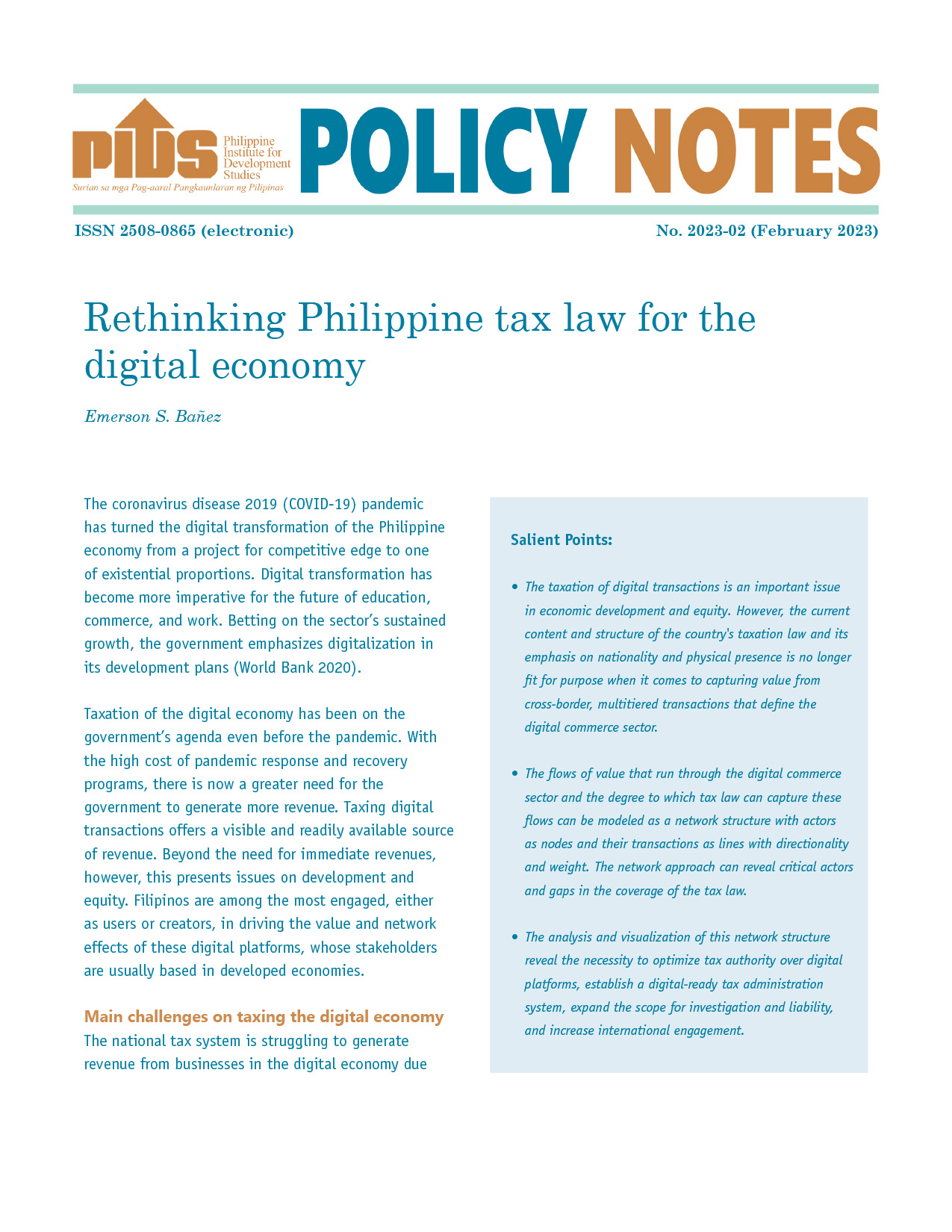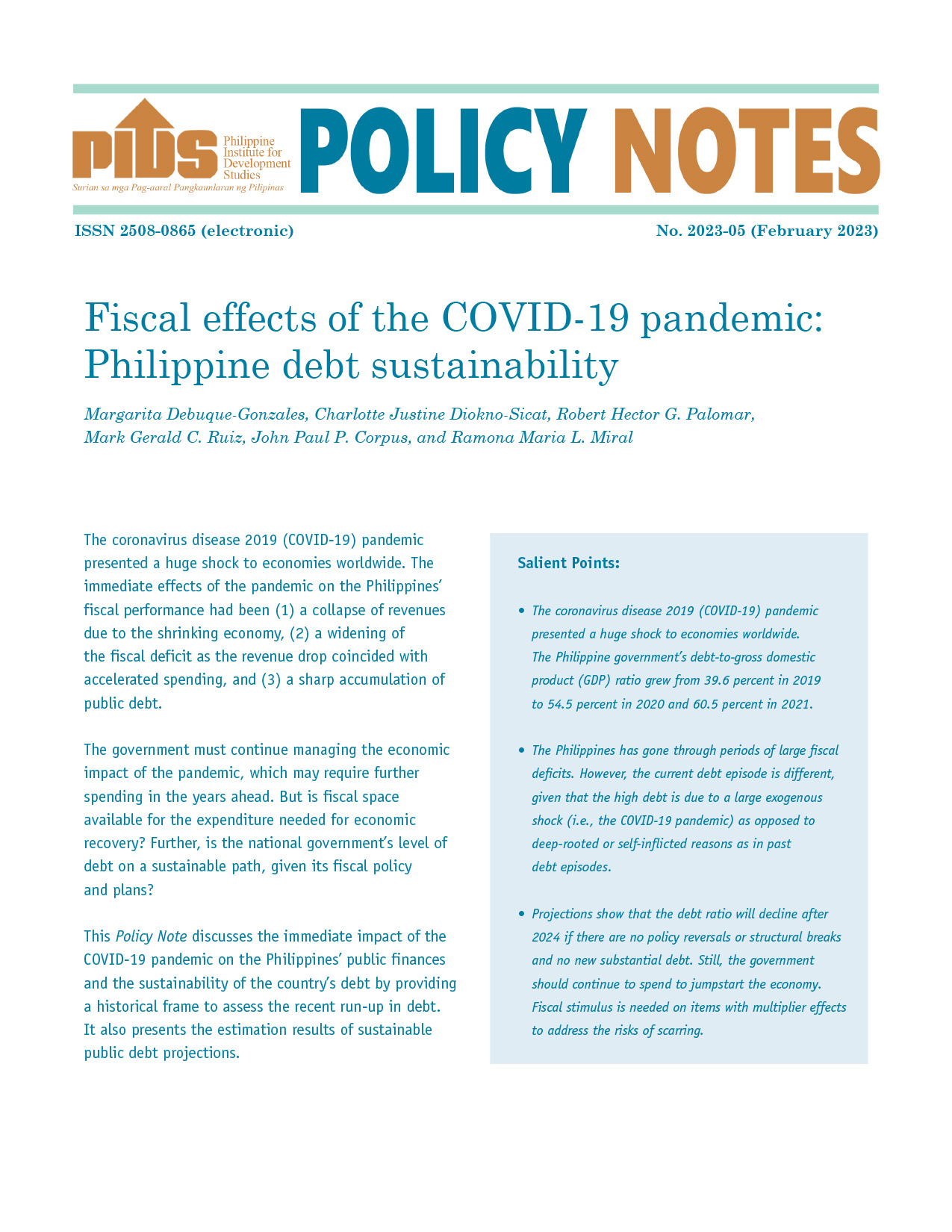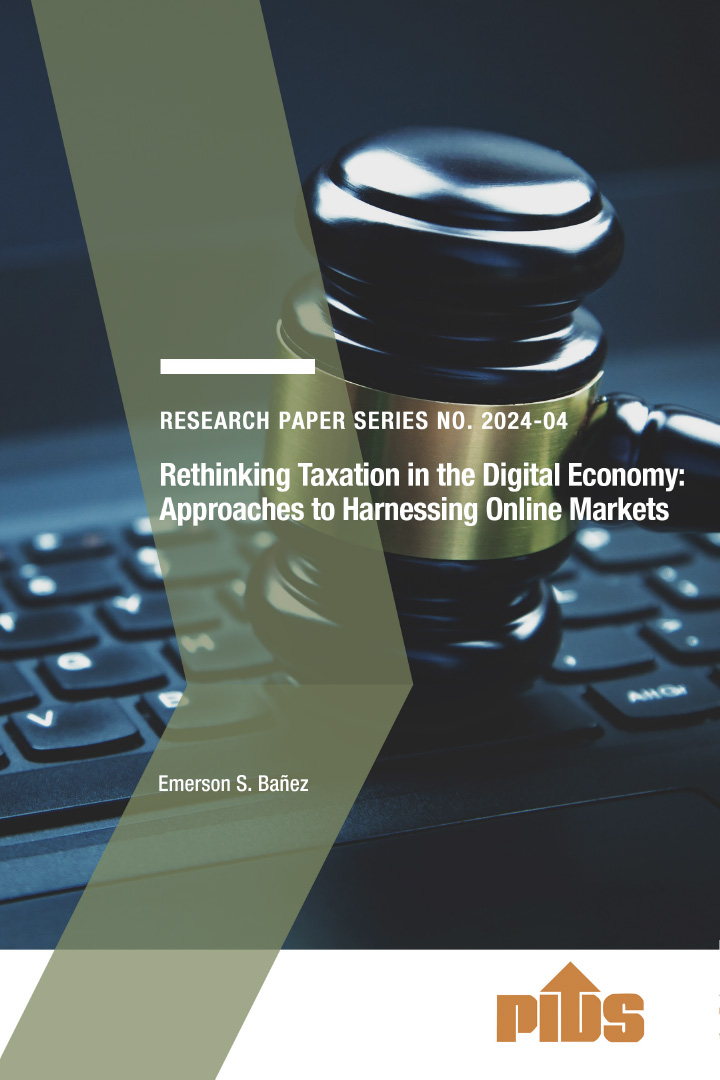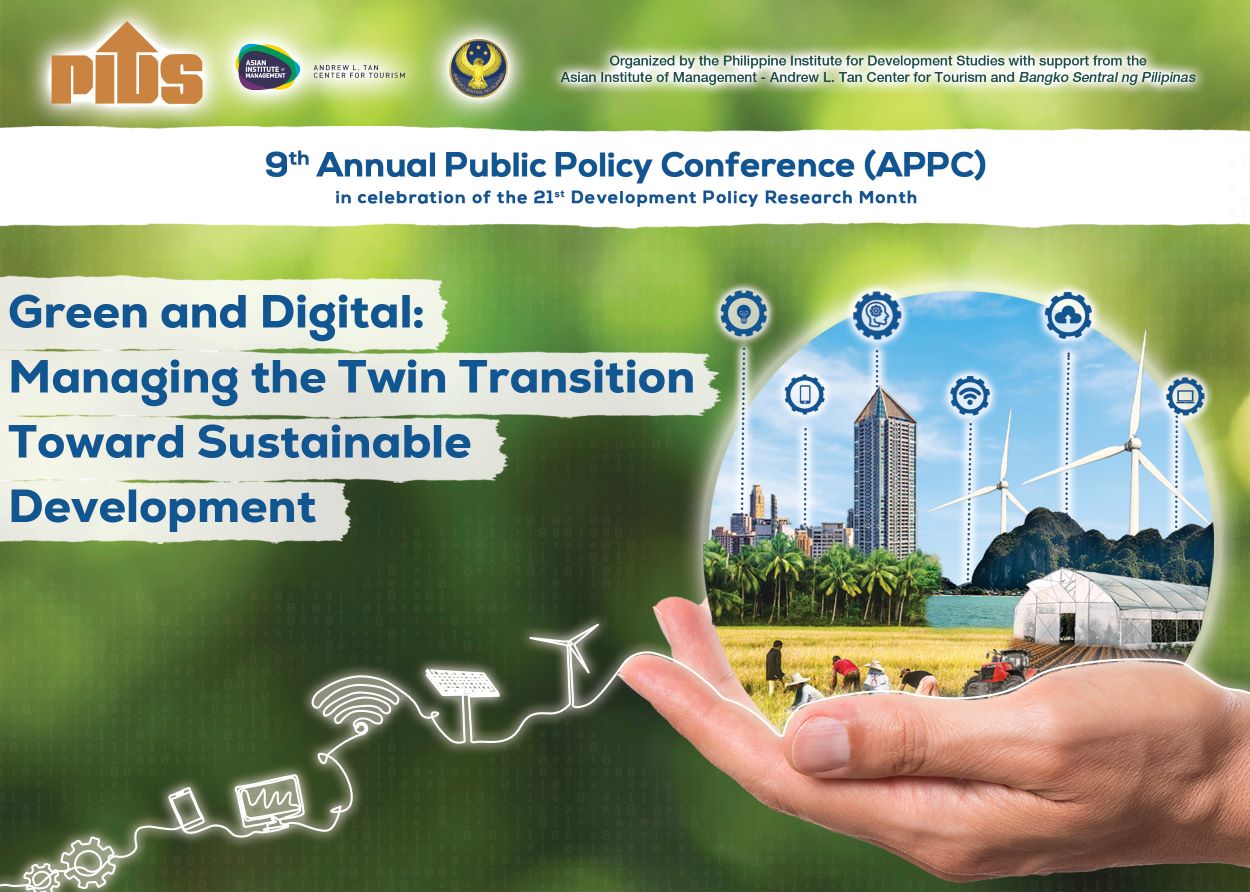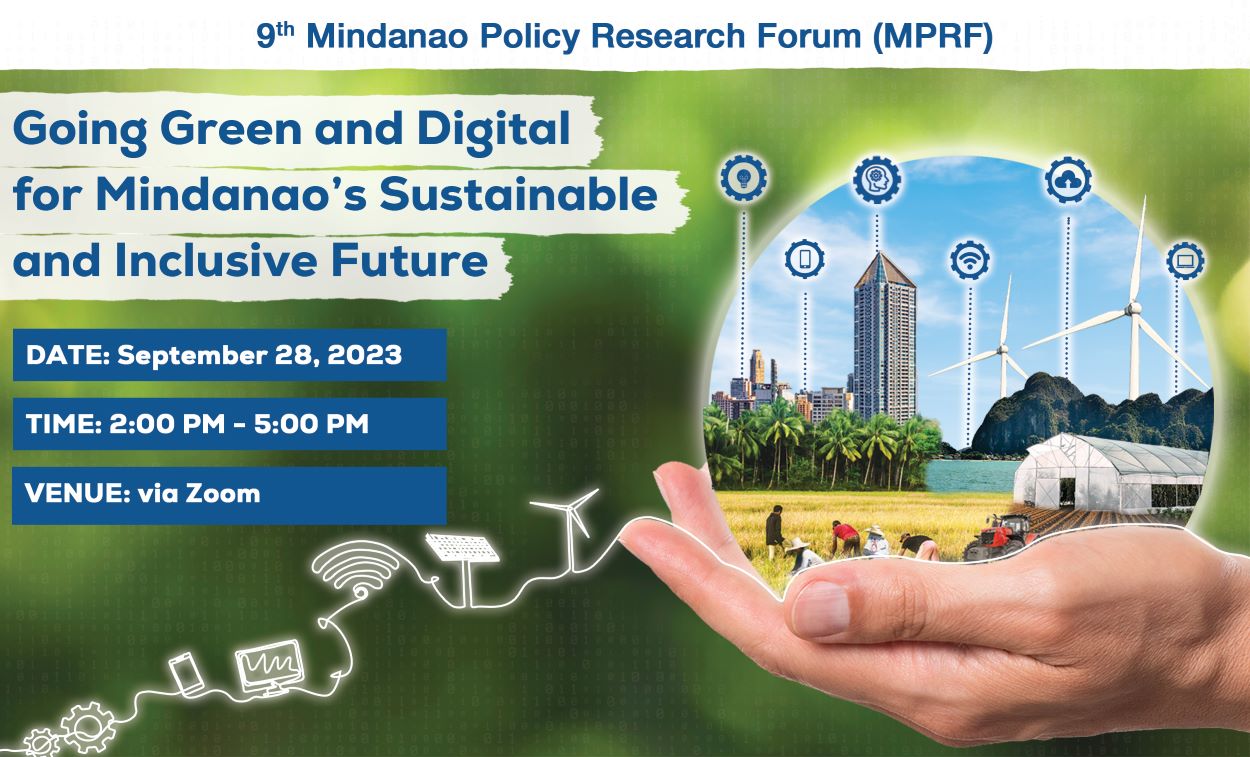THE taxing of digital activities remains a matter of urgency given the government’s need for revenue, but it must do so with an eye towards equitable development, given that many of the platforms in use here are based overseas and difficult to tax, the Philippine Institute for Development Studies (PIDS) said.
“Taxation of the digital economy has been on the government’s agenda even before the pandemic. With the high cost of pandemic response and recovery programs, there is now a greater need for the government to generate more revenue,” PIDS said in a study.
“Taxing digital transactions offers a visible and readily available source of revenue. Beyond the need for immediate revenue, however, this presents issues on development and equity. Filipinos are among the most engaged, either as users or creators, in driving the value and network effects of these digital platforms, whose stakeholders are usually based in developed economies,” it added.
PIDs said digital transformation has “become more imperative for the future of education, commerce, and work, making the need to be competitive in the digital space an “existential” question, it said.
The study found that the current tax system does not properly capture cross-border, multi-tiered transactions in digital commerce.
“The national tax system is struggling to generate revenue from businesses in the digital economy due to the complexity of transactions, absence of physical presence, and strong dependence on intangible assets,” it said.
It said new technologies are able to facilitate tax avoidance through the “shifting of profits by multinational enterprises to low or no tax jurisdictions.”
“Platforms or payment systems can be deputized as withholding agents of the income of online sellers or the value-added tax from users. Congress can pass legislation specifically concerning online platforms and payment systems, such as mandating additional tax liabilities, acting as withholding agents, or providing data required to determine the tax liability of related actors and transactions,” it added.
“With a digital-ready tax administration, centralized digital platforms will have a higher volume of transaction data spread across more users,” it said.
“These systems would have more functionality than onsite point-of-sale systems and could be distributed across several machines. These conditions will require the Bureau of Internal Revenue to have greater competence in understanding online systems and validating and processing voluminous datasets,” it added.
The state think tank also called for increased international engagement, as nonresident providers are “gaining the most from digital markets while minimizing the tax impact of their activities.”
“Beyond the immediate need to expand the tax base and raise new revenue, there is a growing political pressure to curb the power of ‘big tech’ and require them to pay their fair share,” it said.
PIDS said that the country should also continue exploring multilateral options for reallocating taxing rights and addressing base erosion and profit shifting.
“These include regional tax treaties and the Organisation for Economic Co-operation and Development’s framework treaty. Efforts at negotiating and crafting the provisions should consider the Philippines’ trading power relative to other countries and its comparative ability to exercise jurisdiction,” it added.

